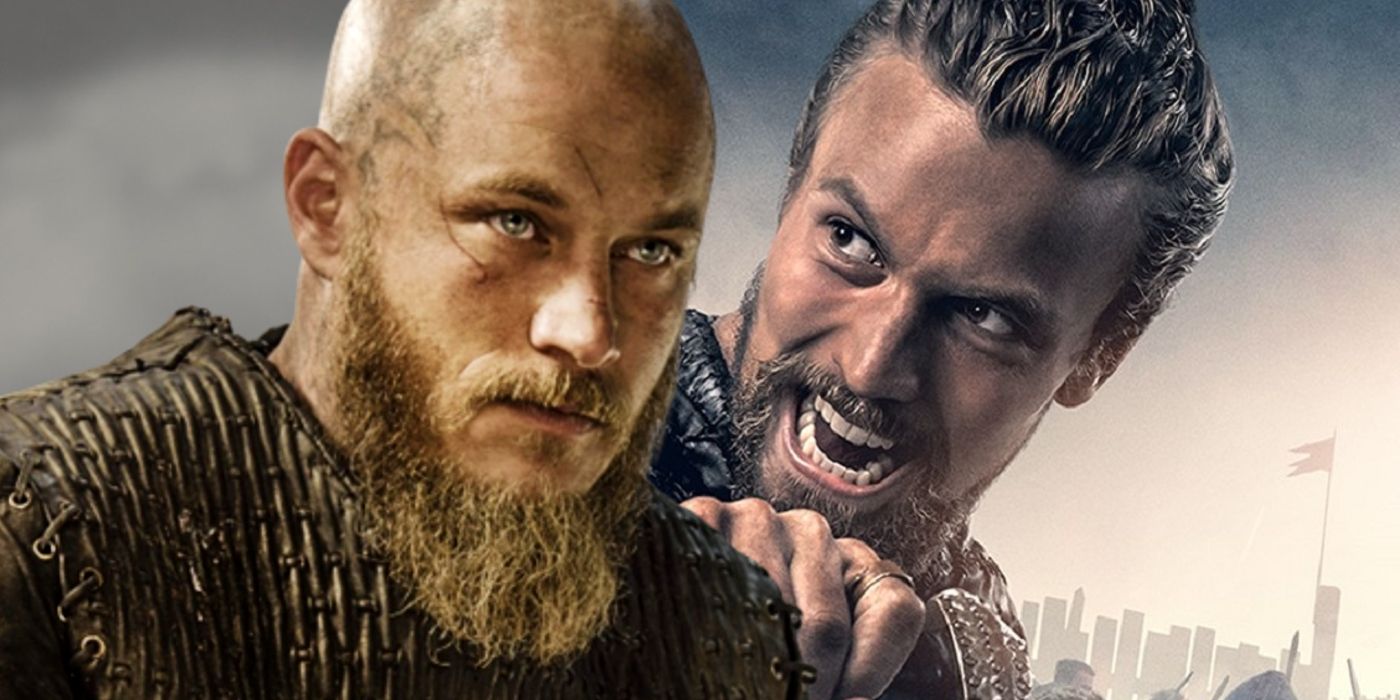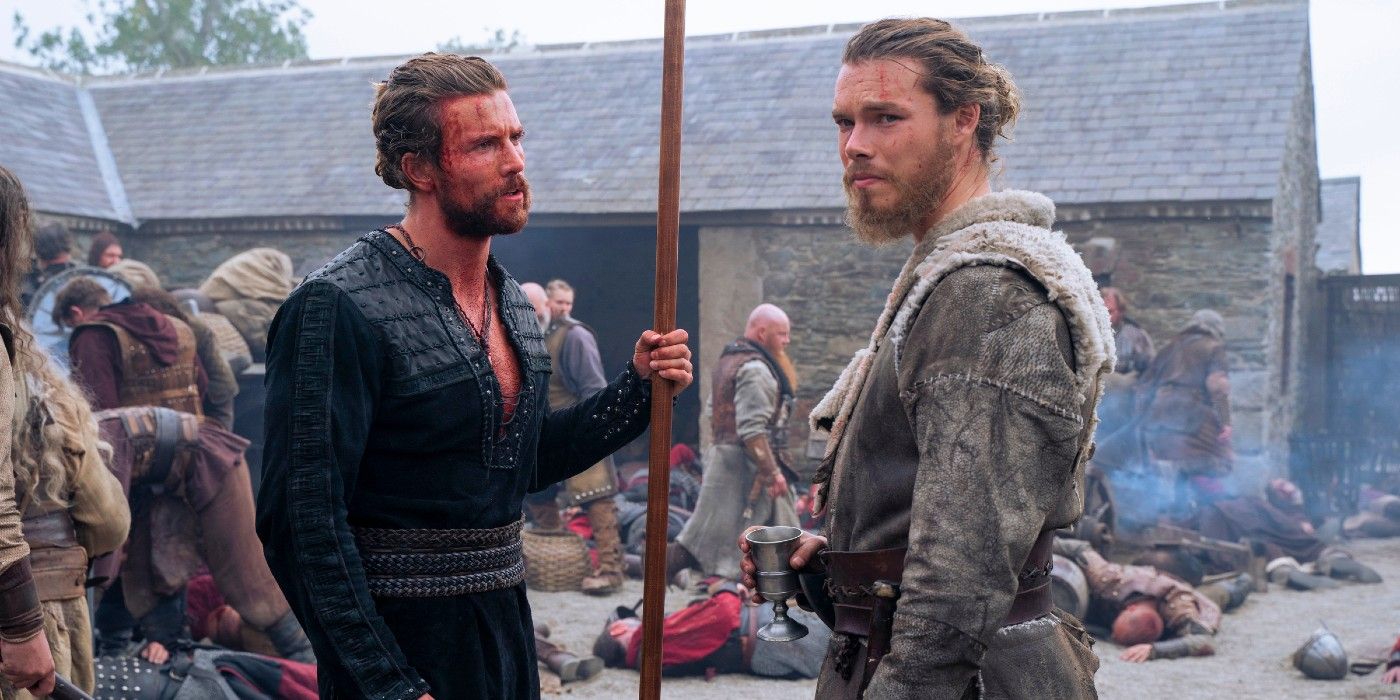Can you watch Vikings: Valhalla without seeing Vikings first? Netflix's Vikings: Valhalla is a spinoff of History's Vikings, which came to an end in 2020 after season 6. Alongside the jump to Netflix, there's also a new creative team in place - original showrunner Michael Hirst is onboard as an executive producer, but Valhalla is being overseen by Jeb Stuart, although there is still some connective tissue in place between the two shows.
Vikings: Valhalla takes place 100 years or so after Vikings, which means moving on - mostly - from characters like Ragnar Lothbrok, Rollo, and Lagertha. Instead, Valhalla focuses on different, yet similarly real, Norsemen and women, such as Leif Erikson, Freydis Eiríksdóttir, and Harald Sigurdsson. The focus remains, of course, very much on the Vikings part of the title much like it did for History's series, but aims to explore a different era for them, essentially setting up the beginning of the end.
Still, with Valhalla's title carrying the Vikings name and being a spinoff from a series that ran for six seasons, it does raise the question of whether one can watch Netflix's show without first seeing its predecessor. Simply put, though, you don't need to watch Vikings to understand Valhalla. With a timeline well-removed from Vikings, and a mostly new set of characters, then Vikings: Valhalla largely stands apart - it's very much spinoff rather than a direct sequel, meaning there's no need to have seen its parent show beforehand.
That doesn't mean Vikings: Valhalla has no references to Vikings - it's quite the opposite, in fact. Ragnar, Lagertha, Bjorn Ironside, Ivar the Boneless, and others are name-dropped frequently and spoken of with great reverence, while the Seer is the one character to more directly carry over from Vikings to Valhalla. Knowing Vikings may allow for a deeper appreciation of Valhalla, and at the very least the references will be clearer in meaning, but there's little that can't be inferred pretty easily and nothing that would prevent any enjoyment or understanding of the show's story or its characters.
Ultimately, Vikings: Valhalla will obviously appeal to Vikings fans, but it also aims to draw in new viewers, which its release on Netflix should allow. The show clearly aims to be a similar historical epic, although its shifted timeline allows for different stories and themes to come to light, in particular a focus on the split between Pagans and Christians among the Vikings. Whether Vikings: Valhalla is as well received as Vikings was remains to be seen, but at the very least it can safely say it's its own unique show, rather than simply trying to repeat what that did or standing on the shoulders of it.


